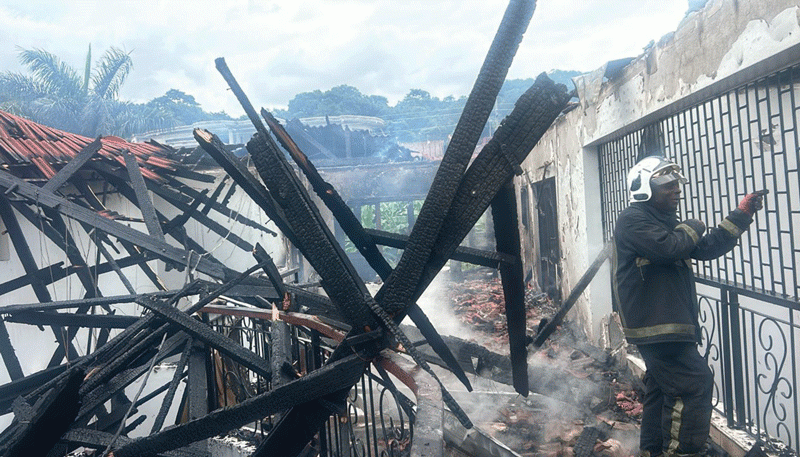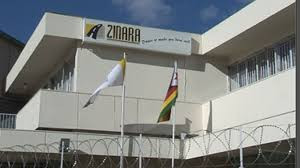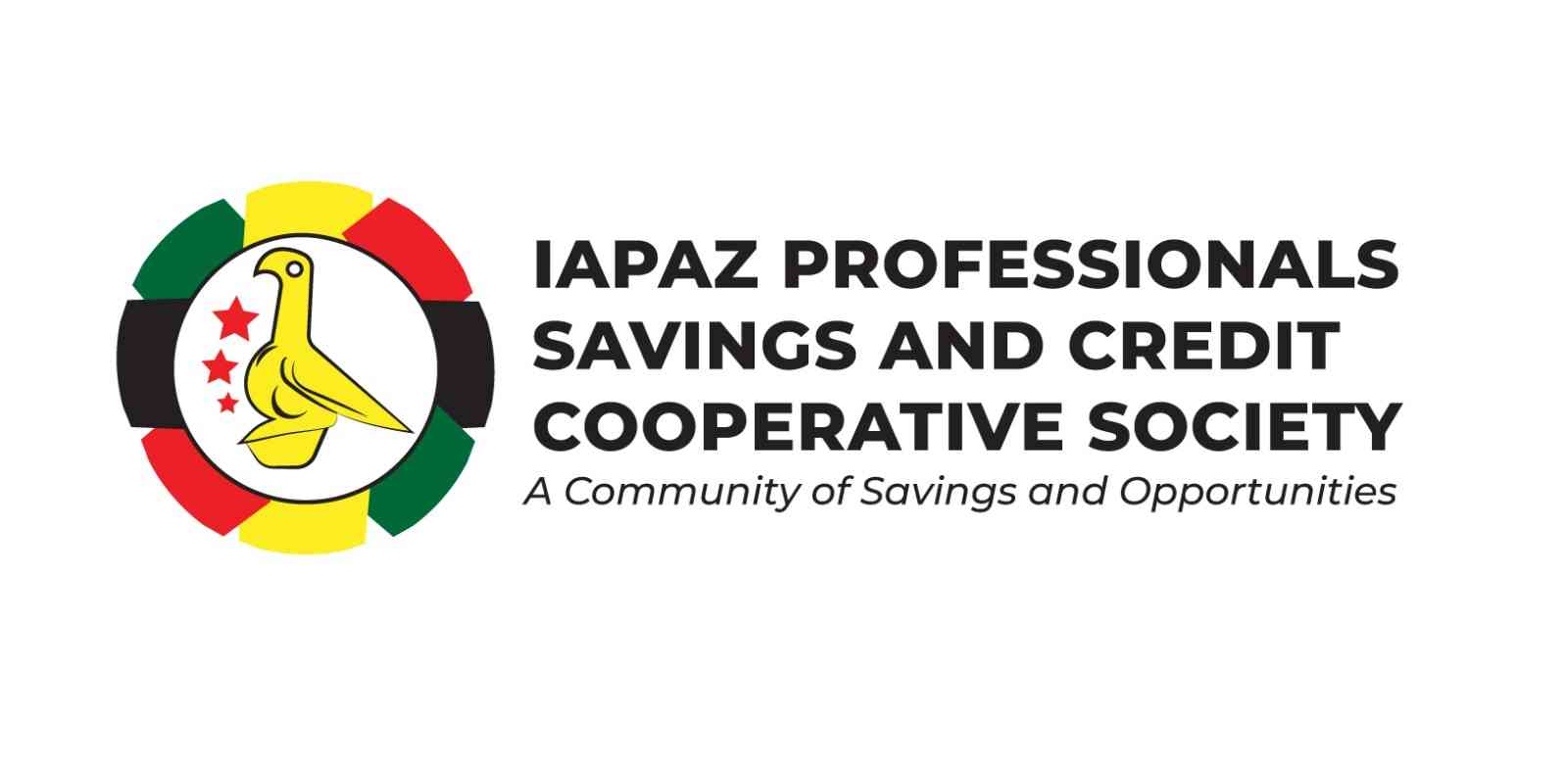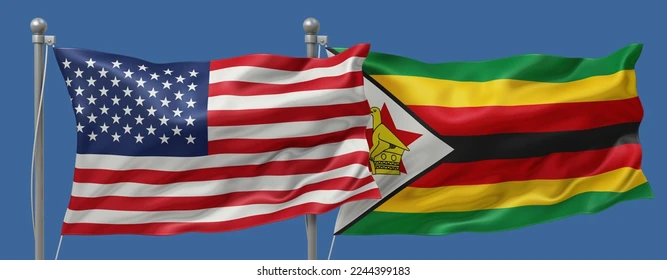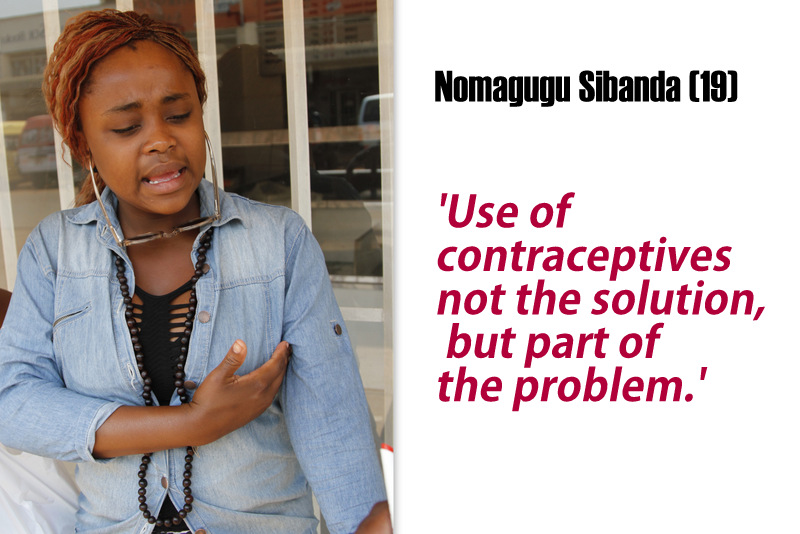
THE move by the Ministry of Health and Child Care to distribute contraceptives — including condoms and birth control pills — to children as young as 10 years old, has sparked outrage from parents and other adults interviewed in a snap survey yesterday.
REPORT BY EVERSON MUSHAVA
//
Post by NewsDay-Zimbabwe.Most of those interviewed said the move would encourage children to experiment in sexual activities and also lead to child prostitution and child pregnancies and disease that the move sought to curb.
Government officials were quoted in the media at the weekend confirming there were already as many as 91 centres where distribution of contraceptives to adolescents was taking place around the country.
In interviews with NewsDay yesterday, most people said the move was counter-productive, but some adolescents defended the idea saying there was nothing wrong with children having access to contraceptives since they were already sexually active.
Shylet Maravanyika (50), a cross-border trader, said the move would encourage premarital sex and prostitution and resultantly, the spread of HIV and Aids in schools.
- Chamisa under fire over US$120K donation
- Mavhunga puts DeMbare into Chibuku quarterfinals
- Pension funds bet on Cabora Bassa oilfields
- Councils defy govt fire tender directive
Keep Reading
“This is wrong; totally wrong,” Maravanyika said. “We cannot accept this. Instead of giving pupils contraceptives, there should be a sustained effort to educate the pupils about the importance of abstinence. Pregnancy itself is a deterrent measure. Pupils should be taught that not only do they get pregnant through unprotected premarital sex, but that they could also get infected with various diseases including HIV and Aids.”
Maravanyika said people should go back to tradition where parents took a leading role in educating their children about the need to abstain from sexual activities when they are minors. She said condoms should never be allowed in schools.
Regai Mutinima (30), another Harare resident, said if girls were to be given an “open cheque” to indulge in unprotected sex because they had the protection of contraceptives, the result would be a high prevalence of HIV transmission.
“Pupils should be taught to abstain. If they are given birth control methods, they will indulge in unprotected sex and contract sexually transmitted diseases including HIV and Aids. They should not be allowed to be indulging in sexual activities at all while at school,” Mutinima said.
He said it was also important for pupils to be taught the Bible so that they would know that God does not allow premarital sex. Cephas Dungwa (61) said he was personally against the idea of allowing pupils access to contraceptives.
“This would be permitting prostitution. Such a law should never be allowed in the country. It will encourage prostitution,” Dungwa said.
Editorial: Child contraceptives – has enough education been done? https://t.co/0udCTaswzB
— NewsDay (@NewsDayZimbabwe) September 23, 2013
But schoolchildren who spoke to NewsDay yesterday said they welcomed the move to distribute contraceptives to children, saying sexual activity among schoolchildren was a reality.
“It is real. Schoolchildren have sex especially when they are out on sporting or other school activity camps where they spend days away from school or home,” said a teenage girl who is in Form Four. “We are only afraid of pregnancy and we welcome the move (to distribute contraceptives). We prefer pills or injectables because condoms are not 100% safe.”
Princess Amajouyi (19), from Bulawayo, said instead of allowing pupils access to contraceptives, government should find the reasons why adolescents indulge in sex. She said the decision to give contraceptives to pupils would create more serious problems than it would solve the issue of pregnancy. She said more and more youths in Bulawayo were indulging in sex especially after school because they were unemployed.
“Otherwise, we will create more complex problems (by distributing contraceptives to adolescents) like Aids in a bid to reduce pregnancy,” Amajouyi said.
She said some contraceptives if used at a tender age could cause complications when one needed to have children in future. Some contraceptives, like flavoured condoms, she said, caused cancer and other problems.
Nomagugu Sibanda (19) from Tegela, Bulawayo, said youths should be empowered for them to shun sexual activities arguing that the use of contraceptives was not the solution, but part of the problem. The director of family health in the Ministry of Health and Child Care, Dr Bernard Madzima, was quoted in the State media over the weekend saying “authorities took the decision following a sharp increase in teenage pregnancies and a high maternal mortality rate”.
According to the report, the ministry is already pushing for more distribution centres for contraceptives such as birth control pills, implants, injectables and condoms to adolescents between 10 and 24, most of whom are school-going, as a way of reducing cases of child pregnancies.
At law, it is an offence for an adult to have sexual relations with minor children below the age of 16.
See also: Child contraceptives – has enough education been done?




